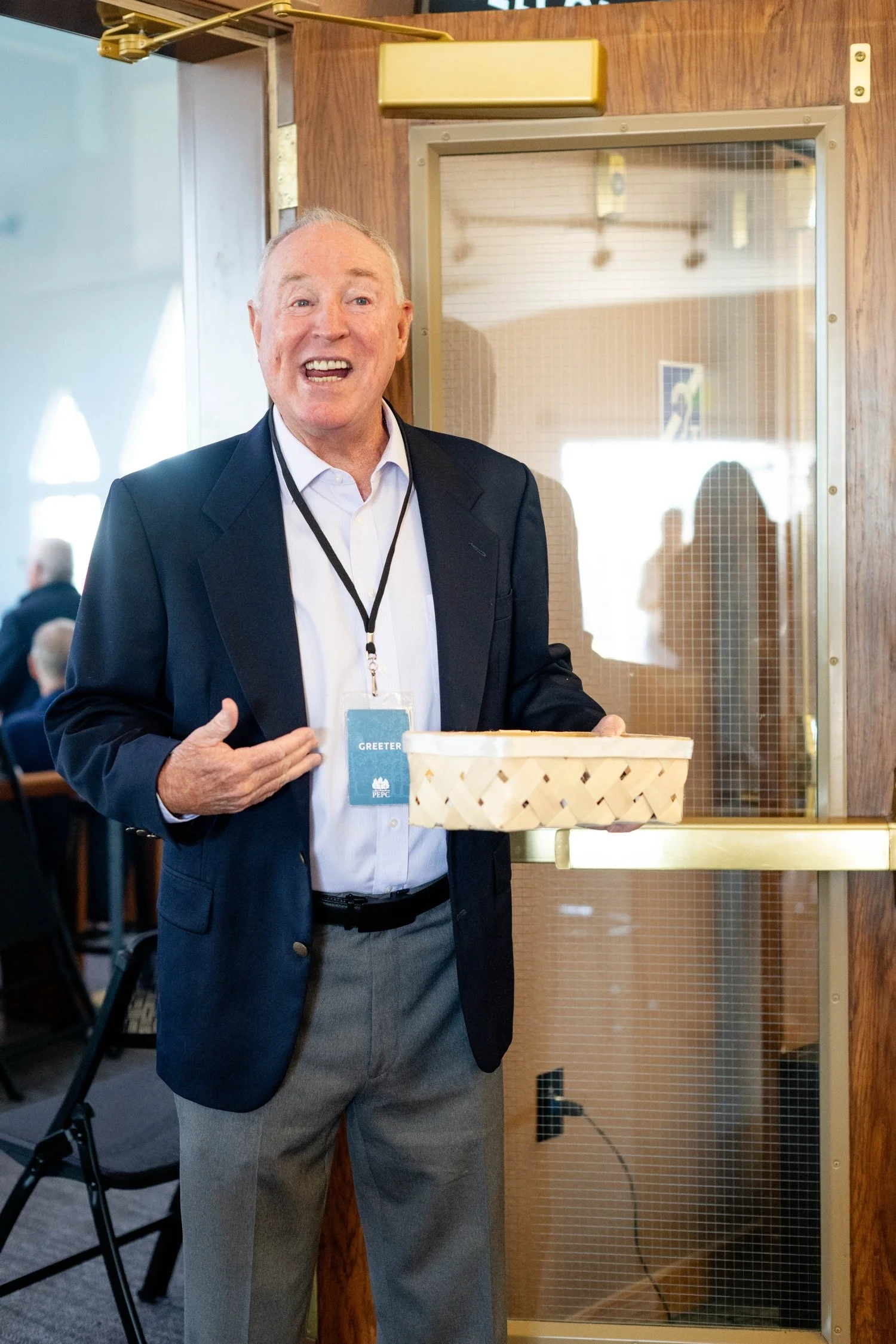Readings for today: Mark 13-14, Psalms 101
I meet so many believers around the world who believe Jesus will return in their lifetimes. In almost every case, it’s because of the trials and tribulation they are either suffering currently or are anticipating suffering based on the growing hostility in their particular culture. Jesus, of course, predicted these things would happen to those who followed Him. He predicted pain and suffering and warfare and betrayal and a host of other things that would take place around the world before His 2nd coming. Honestly, I hope they are right. I would love to be out of a job! I would love to avoid as much pain and suffering as possible.
At the same time, I am enough of a student of history to know God’s people have endured unspeakable things. In the early years, they were on the run during the periods of systematic persecution under pagan Roman Emperors. They endured all kinds of hardship and suffering during the chaos of the Dark Ages after the fall of the Roman Empire. They experienced immense pain and grief and loss due to natural disasters, famines, disease, etc. Think of how they must have felt in the 14th century as the Black Plague ravaged Europe for example. Listen again to Jesus’ words, “Watch out that no one deceives you. Many will come in my name, saying, ‘I am he,’ and they will deceive many. When you hear of wars and rumors of wars, don’t be alarmed; these things must take place, but it is not yet the end. For nation will rise up against nation, and kingdom against kingdom. There will be earthquakes in various places, and famines. These are the beginning of birth pains. “But you, be on your guard! They will hand you over to local courts, and you will be flogged in the synagogues. You will stand before governors and kings because of me, as a witness to them. And it is necessary that the gospel be preached to all nations.” (Mark 13:5-10 CSB)
So what‘s the point? Why doesn’t God just bring an end to all the pain and suffering and injustice and violence on the earth? Why didn’t God just put an end to it all after raising His Son from the dead? The answer to this question comes in the last sentence. Verse ten. “It is necessary that the gospel be preached to all nations.” This is the mission of the church and God will not return until this mission is complete. God’s great desire is that all should be saved and come to a knowledge of the truth. God wants people from every tribe, tongue, and nation to be part of the great eschatological worship service before His throne. So rather than speculate on when Jesus might return or worry about how much tribulation we may have to face or how many trials we may have to endure, I believe Jesus is calling us to be humble, wise, discerning, and most of all, passionate about taking the gospel to the ends of the earth.
Readings for tomorrow: Mark 15-16, Psalms 102




